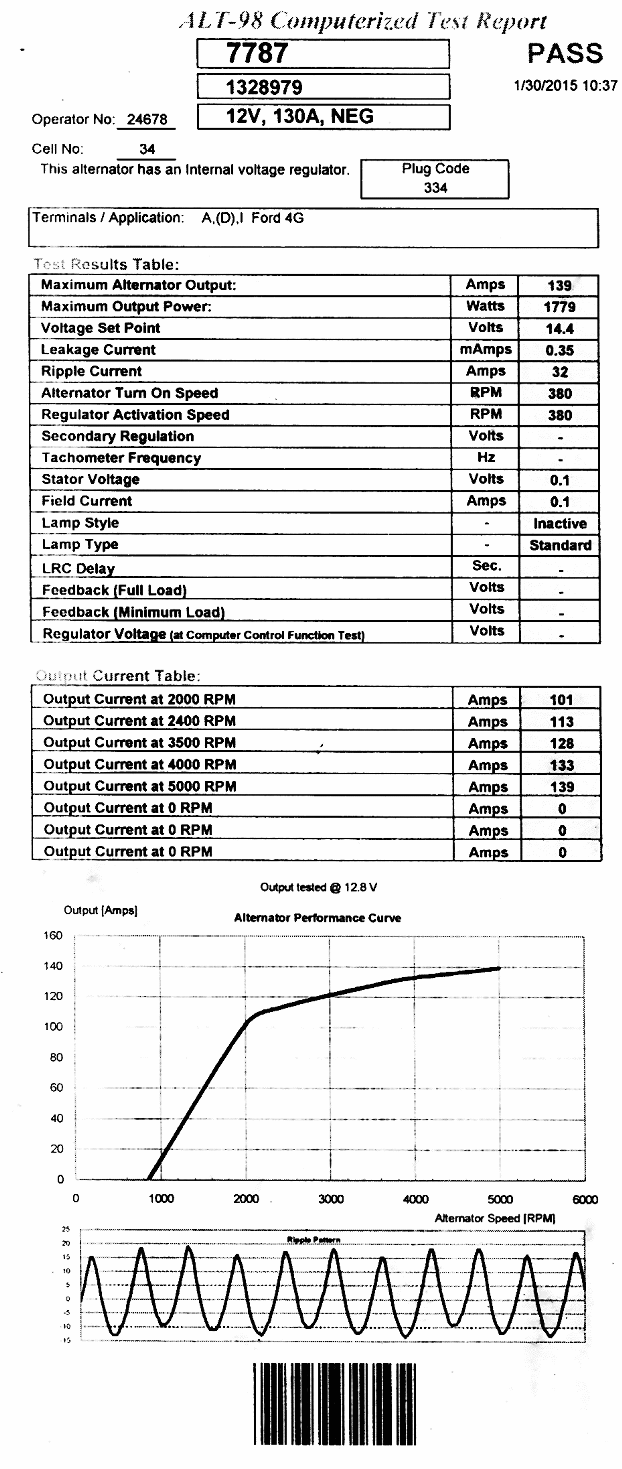So can you tell me why something which plugs into the cigarette lighter socket isn't worth buying ?
We aren't saying that at all. Cell phone chargers, producing an ampere or two at five volts, are worth buying to keep your cell phone charged while it is being used as a GPS navigator on long trips. There are other low-current applications such a portable spot-lights, tire inflation compressors, and similar things that are useful and generally plug into a cigarette lighter for intermittent use. But, you need to realize two things: (1) the current or amperage capability of the alternator (used to keep the car battery charged and provide current to the cigarette lighter socket... plus anything else that draws electrical power) is quite limited compared to what is available from your electrical utility and (2) the current required to
temporarily heat the element in a cigarette lighter to red-hot incandescence typically ranges from only about ten amperes to a maximum of twenty amperes and lasts for less than a minute, so compromises in wire gauge for intermittent versus continuous duty use can be, and often are, made by the car manufacturer.
That latter limitation works out to a
maximum power available from the lighter socket of 120 watts to 240 watts on an intermittent basis only. Continuous operation at the level of maximum power will likely cause the wiring to overheat, with the possibility of a fire occurring. Now consider the current rating of a typical automobile alternator is only about 90 amperes, and that only at faster idle speeds. When this available current is distributed among all the electrical loads in the car... heater fan motor, automobile lights, ignition system, air-conditioner compressor solenoid clutch, plus whatever audio/visual stuff is also there, you don't have a lot of amperes left to run anything else, much less a 1000 watt inverter. A typical alternator delivering 12 volts at 90 amperes is already maxed out at 1080 watts! Then consider (if nothing else is an electrical load on the alternator) how you are going to deliver 90 amperes or more to your 1000 watt inverter. This will require at least 4 AWG or larger copper wire. Hence the suggestion that a separate, heavy-gauge, cable be connected between the alternator (or battery terminal) and the inverter.
In practice, an automobile alternator does not make for a very attractive alternative power source. As cars became larger and more power-hungry near the end of the previous century, alternators were up-sized to accommodate the additional load, but they never did compete with purpose-built motor-generator alternators driven from a dedicated internal combustion engine. Note those engines are generally rated at less than ten horsepower, which at 100% efficiency would yield about 7500 watts of electrical power. Larger MG sets are of course available, and you could arrange to tow one behind your automobile on a trailer, running the MG set from an external propane or gasoline tank while tooling down the road... but you might want to check local laws and regulations regarding that. You could also investigate installing another, larger, alternator or even two or more alternators on your automobile engine... maybe have to cut a hole in the hood to make room for the additional belts and pulleys though. And such a modification would seriously detract from the gas mileage and perhaps the re-sell or trade-in value, plus it would decrease the amount of power available to the wheels for acceleration, perhaps significantly.
Lacking the availability of a Mr. Fusion personal-sized nuclear reactor that will run on garbage and stale beer, while producing 120 VAC at 200 A, I think you are SOL on your project for now. So solly! Mebbe next year!

